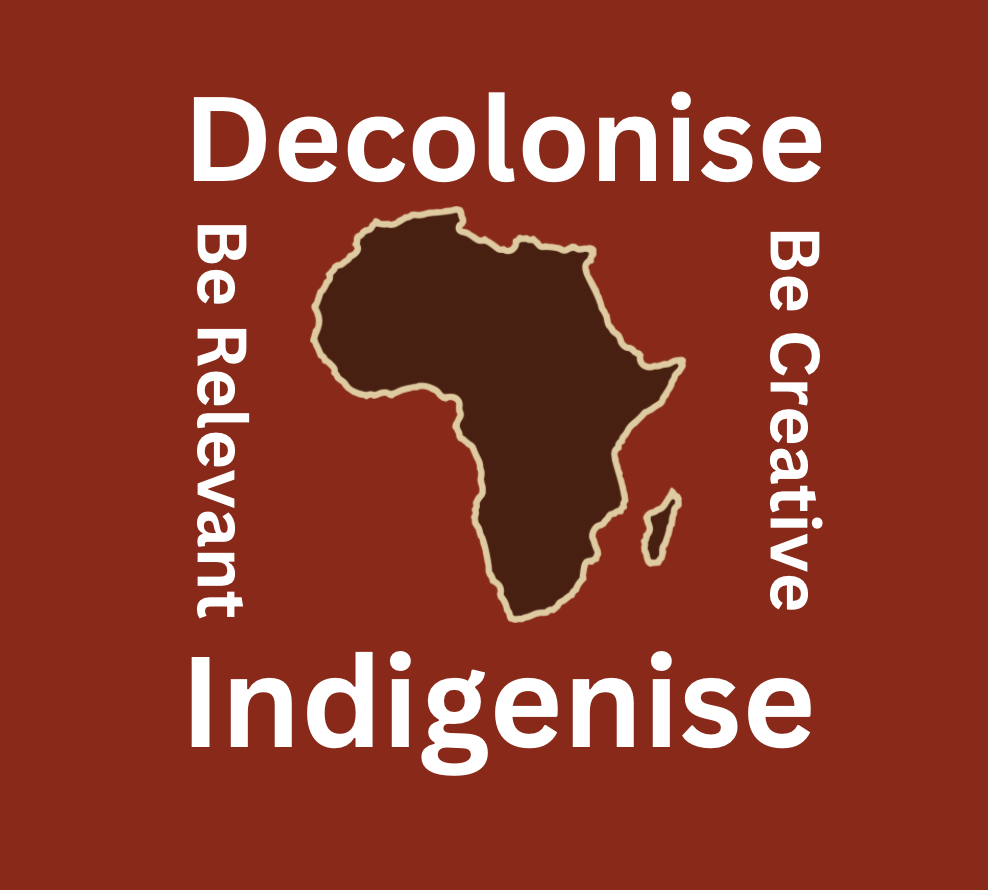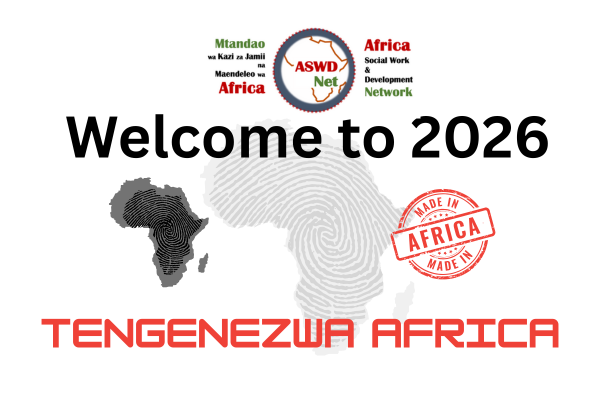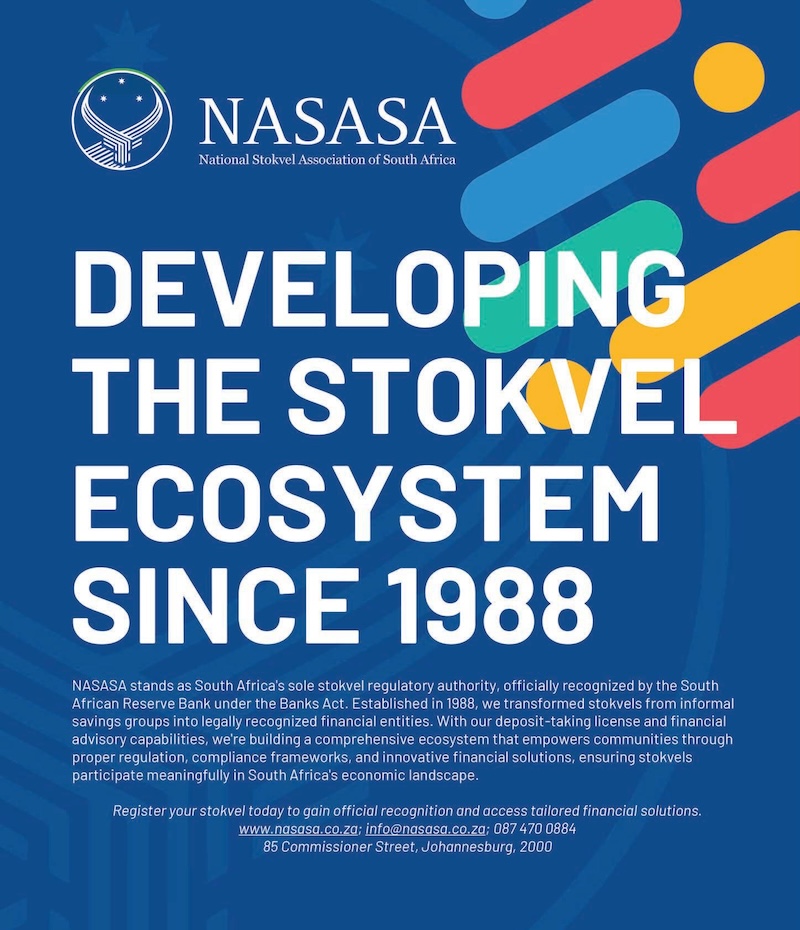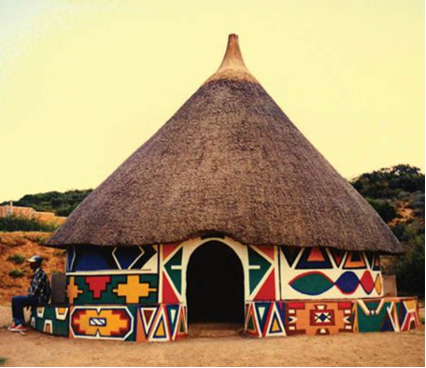
Ten Key Elements of Africa’s Decolonisation
- Ubuntu: A whole of Africa philosophy emphasizing the interconnectedness of humanity and the importance of community. The concept of Ubuntu highlights the communal values that were often disrupted by colonialism.
- Harambee: A Swahili word meaning all pull together. It represents the spirit of collective effort and collaboration, which colonial powers often exploited or disrupted in African societies.
- Mau Mau: Refers to a militant anti-colonial movement in Kenya during the 1950s. The Mau Mau rebellion symbolizes the resistance of African peoples against colonial oppression and exploitation.
- Sankofa: A word from the Akan people of Ghana, symbolized by a bird looking backward while moving forward. Sankofa represents the idea of learning from the past in order to build a better future, which is particularly relevant in addressing the legacies of colonisation in Africa.
- Maat: A concept from ancient Egyptian philosophy and spirituality, Maat represents truth, justice, and harmony. The pursuit of Maat was central to ancient African societies and serves as a guiding principle for addressing injustices perpetuated by colonisation.
- Indaba: A Nguni term for a gathering or conference to discuss important matters. Indigenous governance systems often relied on the indaba as a form of consensus-building, which was disrupted by colonial authorities.
- Jua kali: Swahili for ‘hot sun’, it refers to the informal sector of the economy in East Africa, characterized by small-scale entrepreneurship and craftsmanship. The jua kali sector has historically been a source of resilience and economic independence in the face of colonial economic exploitation.
- Imihigo: In Rwanda, imihigo are performance contracts between the government and citizens, outlining development goals and responsibilities. Indigenous governance practices such as imihigo were often suppressed or replaced by colonial administrative structures.
- Mugabeism: Named after Zimbabwe’s former leader Robert Mugabe, Mugabeism refers to the policy of land redistribution and indigenization of the economy pursued after independence. It reflects the legacy of colonial land dispossession and the struggle for economic justice in post-colonial Africa.
- Igbo kwenu: A call and response phrase used by the Igbo people of Nigeria to acknowledge the presence and solidarity of a group. Igbo kwenu is met with the response Igbo kwezuenu, signifying unity and collective identity, values that were often disrupted by colonialism but remain important in African societies.
Use the form below to subscibe to Owia Bulletin.
Discover more from Africa Social Work & Development Network | Mtandao waKazi zaJamii naMaendeleo waAfrika
Subscribe to get the latest posts sent to your email.



